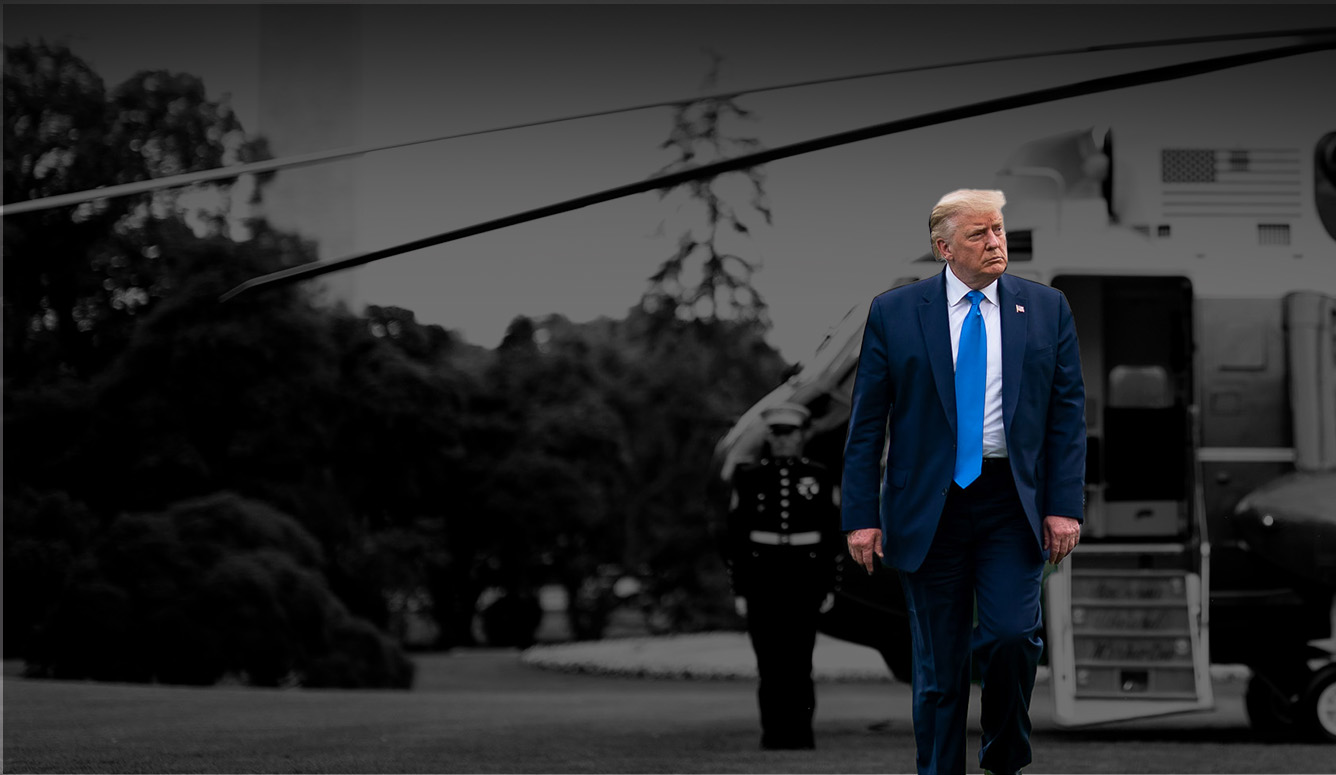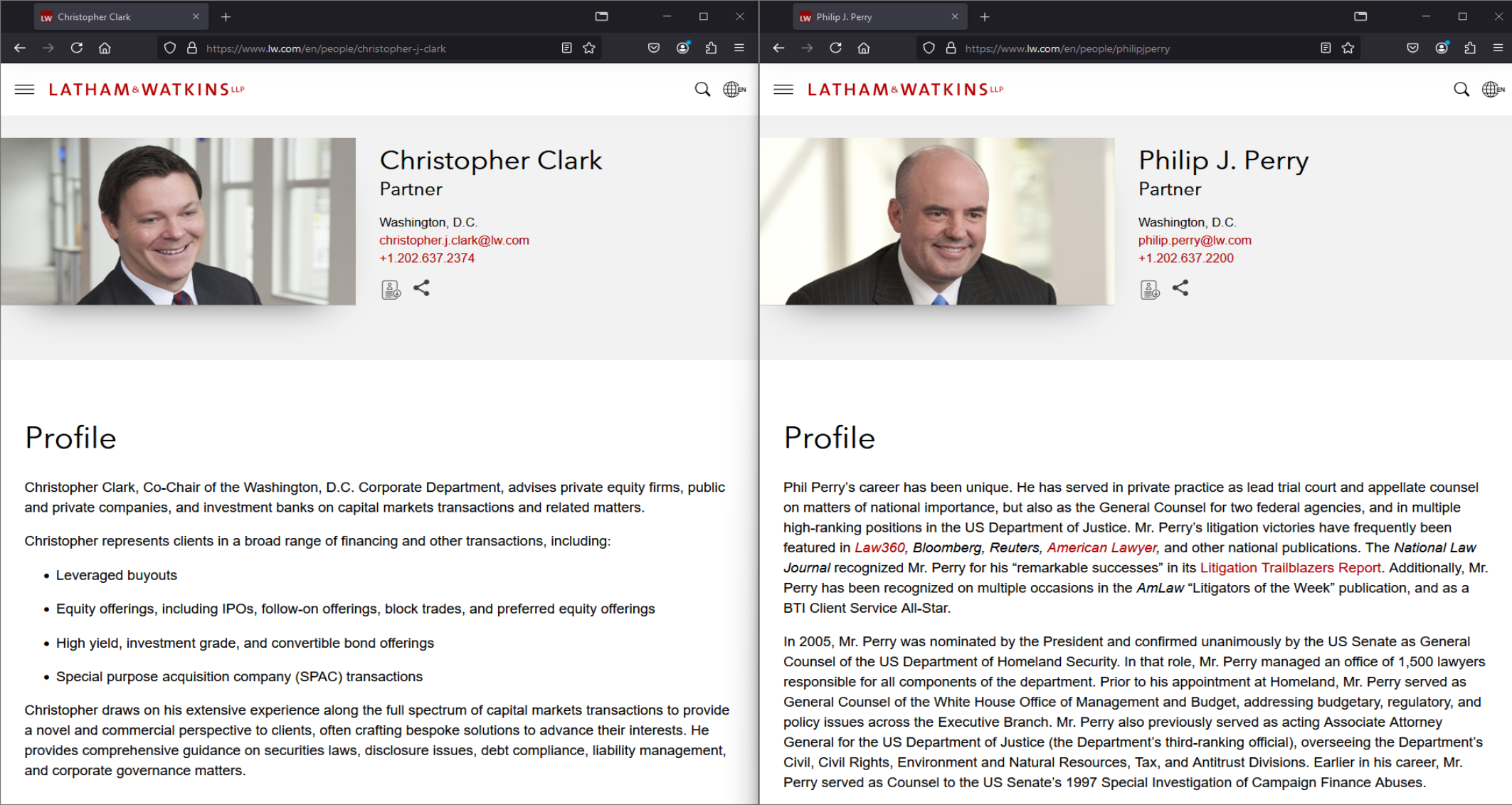Listen to the discussion on this article.
In July 2021, former Speaker of the House Nancy Pelosi appointed Liz Cheney to the House Select Committee investigating the January 6, 2021, protests in the U.S. Capitol. Cheney, a Republican congresswoman from Wyoming, took on the role despite significant pushback from her own party. In September of the same year, she was promoted to vice chair of the committee, solidifying her position as one of the most prominent Republicans willing to hold former President Donald Trump accountable for his role in the events of January 6.
However, Cheney’s choice to serve on the committee came with significant political consequences. By November 2021, the Wyoming Republican Party had revoked her membership. This action was a clear response to her opposition to Trump, a figure still deeply influential within the GOP. But the political repercussions didn’t end there. In February 2022, the Republican National Committee (RNC) formally censured Cheney for her involvement in the committee, accusing her of “participating in a Democrat-led persecution of ordinary citizens engaged in legitimate political discourse.”
While Cheney’s political fortunes were increasingly tied to her role in the January 6 investigation, her personal life presents an interesting connection to high-profile legal cases involving President Joe Biden’s family. Liz Cheney’s husband, Philip Jonathan Perry, is a partner at the prestigious law firm Latham & Watkins. Perry’s expertise lies in regulatory, constitutional, and litigation matters, particularly those involving government investigations and complex commercial disputes. Although Perry himself has not been involved in the January 6 investigation, his association with the law firm connects him to some of the nation’s most significant legal proceedings.
One of Perry’s colleagues at Latham & Watkins, Christopher Clark, has played a key role in legal matters surrounding Hunter Biden, President Biden’s son. Clark, also a partner at the firm, has been lead counsel in several significant legal cases involving Hunter Biden’s business dealings and legal challenges. Hunter Biden’s financial and foreign business activities, which have been the subject of intense scrutiny, led to investigations into potential legal violations, and Clark has been at the forefront of defending Biden.
While the Cheney-Perry and Clark-Biden connections may appear coincidental, they provide a window into the intertwining worlds of politics and law in Washington, D.C. Perry’s work at Latham & Watkins reflects his legal acumen, particularly in regulatory and government-related matters, while Clark’s role as Hunter Biden’s defense counsel highlights the firm’s involvement in cases that have far-reaching political consequences.
For Liz Cheney, her role on the January 6 Select Committee marked a turning point in her political career. She stood apart from much of her party, prioritizing her commitment to investigating the January 6 2021 protests over party loyalty. This has made her a polarizing figure, admired by some for her principles but ostracized by many in her own political circles.
The connections between Cheney, Perry, Clark, and Hunter Biden underscore the unique ways in which politics and law intersect in Washington’s power structures. As these legal and political narratives continue to unfold, they demonstrate how personal, professional, and political relationships can shape national discourse in surprising ways. Whether it’s the fallout from January 6 or the legal challenges facing the president’s son, the individuals involved represent the deep and sometimes controversial connections that fuel Washington’s political machine.
Key Points To Remember
- Liz Cheney’s Appointment to January 6 Committee: In July 2021, Speaker Nancy Pelosi appointed Liz Cheney to the House Select Committee on the January 6 2021 protests; she became vice chair in September 2021.
- Political Consequences for Liz Cheney:
- November 2021: Cheney’s membership in the Wyoming Republican Party was revoked.
- February 2022: The Republican National Committee (RNC) formally censured Cheney for her involvement in the committee.
- Philip Jonathan Perry: Liz Cheney’s husband, a partner at Latham & Watkins, specializes in regulatory, constitutional, and litigation matters, including government investigations and complex commercial disputes.
- Christopher Clark: A partner at Latham & Watkins in Washington, D.C., Clark is lead counsel in legal matters involving Hunter Biden, particularly focusing on his business dealings and legal challenges.
- Cheney-Perry and Clark-Biden Connection: Both Perry and Clark are partners at Latham & Watkins, tying together legal expertise in major political controversies—Cheney through her role on the January 6 committee, and Clark through his defense of Hunter Biden.
- Interplay of Law and Politics: These relationships highlight how legal, political, and personal connections in Washington intersect, impacting high-profile cases and shaping national narratives.
Voters should be aware of the connections between political figures like Liz Cheney, her husband Philip Perry, and legal professionals like Christopher Clark because these relationships can influence political decisions, legal proceedings, and media narratives. When high-profile individuals are intertwined in both politics and law, especially involving major controversies like the January 6 protest or Hunter Biden’s legal issues, it raises concerns about potential conflicts of interest or bias that could shape outcomes in ways that may not be immediately transparent to the public.
It is also concerning that major news outlets have not reported on these connections more thoroughly. When such information is not readily shared, voters are left without a full understanding of the forces influencing key political and legal matters. A lack of transparency can undermine public trust in both political institutions and the media. Without a complete picture, voters are unable to make fully informed decisions about the politicians and legal professionals involved in shaping the country’s direction.
The media’s selective reporting on these connections and Liz Cheney’s outspoken endorsement of Vice President Kamala Harris for President in 2024 could contribute to a skewed perception of events, potentially downplaying the implications of these relationships. It’s essential for voters to demand accountability and seek out information beyond mainstream outlets to ensure they have the full story.


Leave a Reply